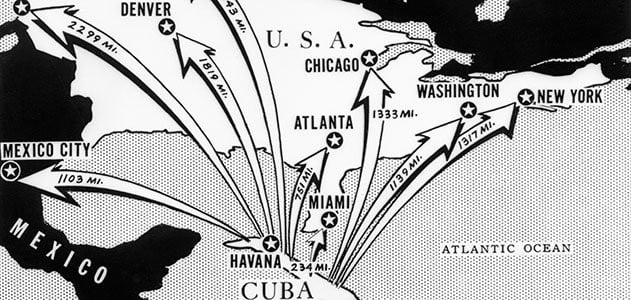Operation Northwoods is a disturbing reminder of the potential for government deception and abuse of power. The plan involved creating a false flag attack in order to justify military intervention in Cuba, and raises important ethical questions about the role of government and the limits of deception.
While some argue that government deception can be justified in certain circumstances, such as in the interest of national security, others believe that it undermines the principles of democracy and transparency.
The controversy surrounding Operation Northwoods highlights the need for clear ethical guidelines and oversight in government decision-making. It also serves as a reminder of the importance of protecting civil liberties and the need for transparency and accountability in government.
Ultimately, the legacy of Operation Northwoods is a sobering reminder of the dangers of unchecked government power and the need for citizens to remain vigilant in holding their leaders accountable.
Works Cited:
Bamford, James. Body of Secrets: Anatomy of the Ultra-Secret National Security Agency. Anchor Books, 2002.
Grossman, Mark. Political Corruption in America: An Encyclopedia of Scandals, Power, and Greed. ABC-CLIO, 2003.
Scott, Peter Dale. The Road to 9/11: Wealth, Empire, and the Future of America. University of California Press, 2007.








